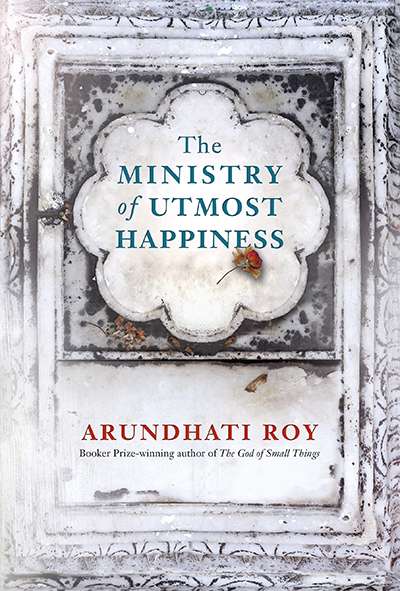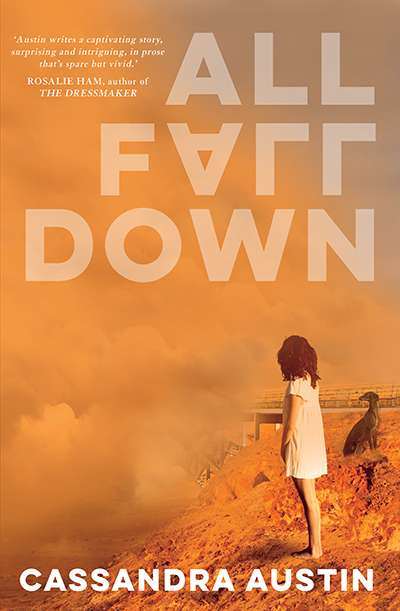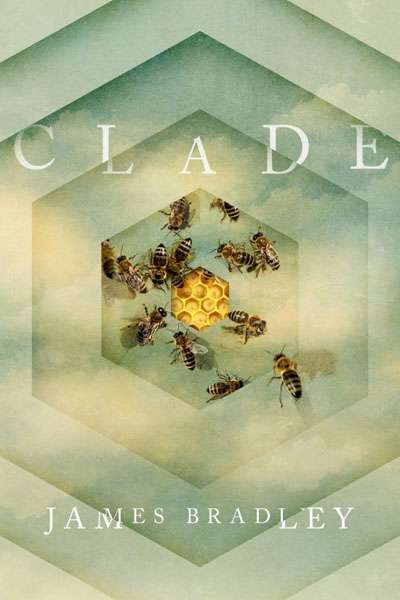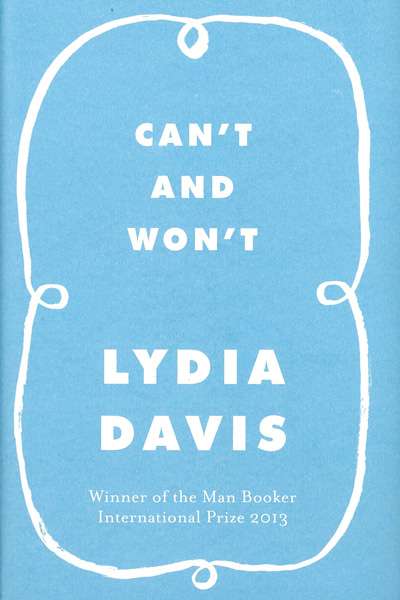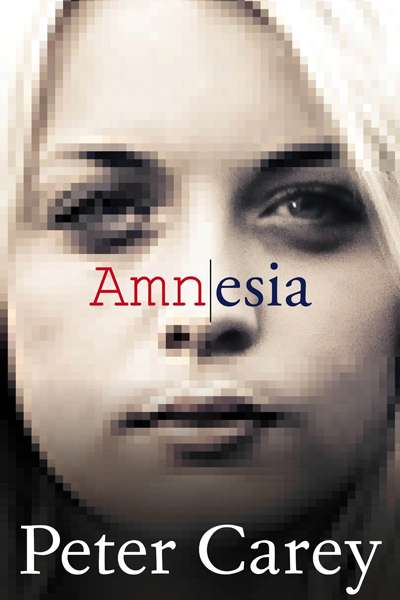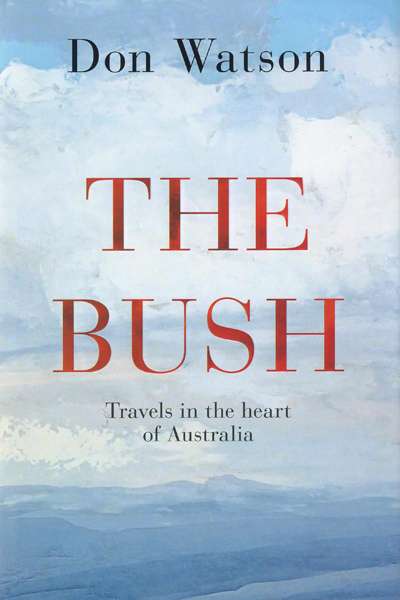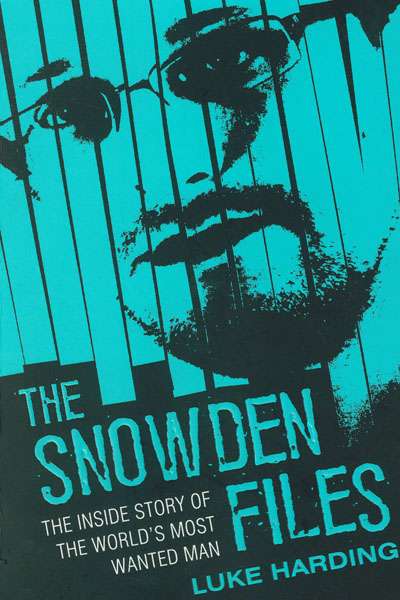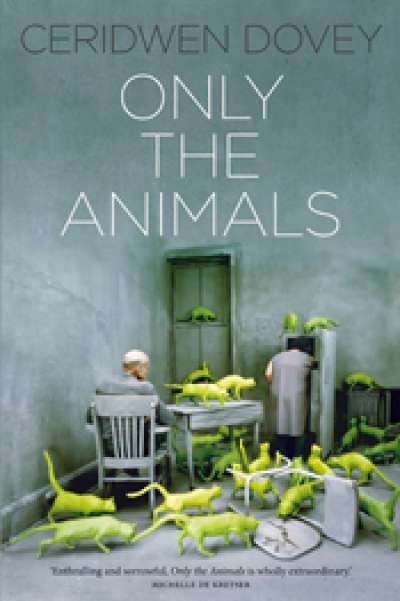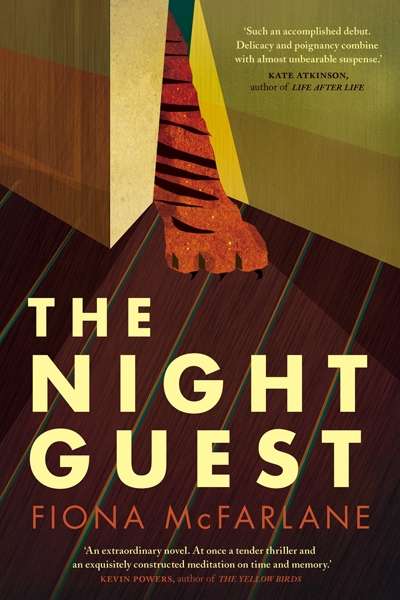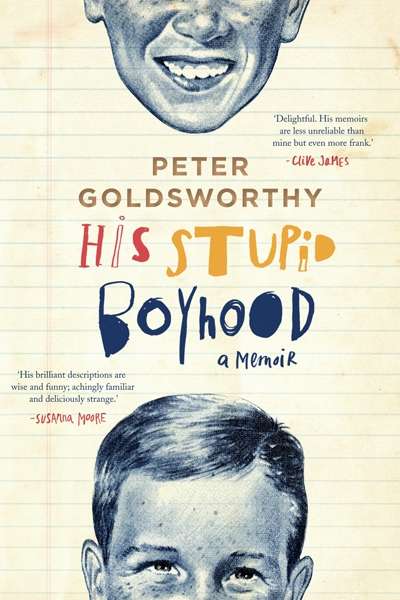Peter Carey’s new novel, Amnesia, is an odd-shaped – but not misshaped – tale about power and, more particularly, resistance to power. When the veteran leftist journalist Felix Moore writes the story of Gaby Baillieux, a young Australian cyber-activist, he finds himself, like Gaby, a fugitive. As if by magic, Gaby has unlocked Australian and US prison doors; it is Felix’s job, when he’s not guzzling red wine, to make her likeable enough to avoid extradition. But Felix has an independent agenda: using hours of tape recordings made by Gaby and her famous mother, Celine, he fashions his own version of Gaby’s life, taking the sort of liberties you might expect from a journalist with a penchant for writing failed novels and attracting libel writs.
...
(read more)

